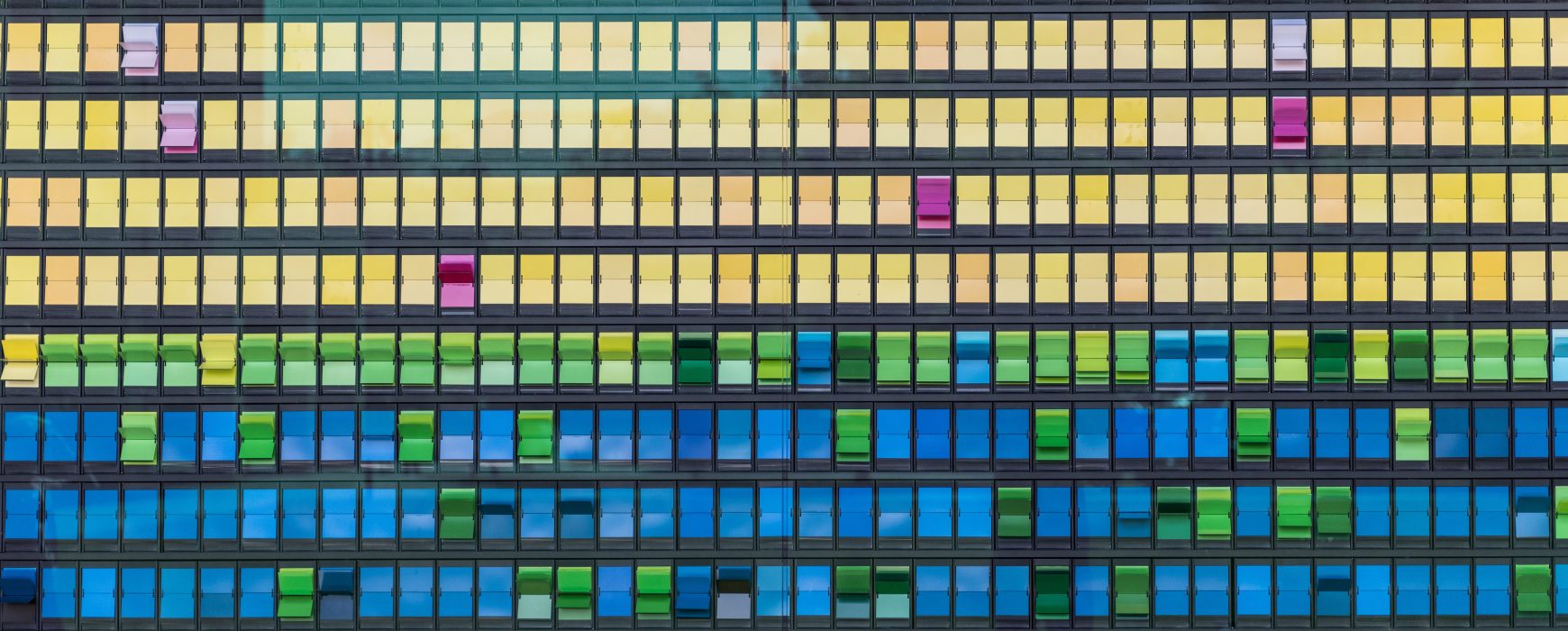McMaster University Centre for Buddhist Studies announces a two-day graduate student workshop on Digital Humanities for Research in East Asian Religions, May 26 and 27 at McMaster. The workshop is supported by the Tianzhu Global Network in Buddhist Studies.
The workshop focuses on introductory level skills for mapping and network analysis. The goal is to introduce graduate students to Digital Humanities tools such as QGIS, Palladio, Cytoscape, and Gephi and to teach basic skills in data management. There will be time dedicated to creating and/or workshopping the research datasets of individual participants.
The workshop will be facilitated by Paula R. Curtis (University of Michigan), Jonathan Pettit (University of Hawai’i), and Jason Protass (Brown University).
Funding is available to cover travel and accommodation expenses for a limited number of graduate students coming from anywhere in North America. To apply for funding, you must be enrolled in, or admitted to, a relevant MA or PhD program. Graduate students in Religious Studies, Literature, History, Anthropology and related disciplines with an interest in religion in East Asia are welcome to apply. Please send a brief cover letter explaining your reasons for wishing to participate as well as a description of your research project. Please indicate your experience to date (if any) with Digital Humanities tools and methods.
When applying for funding, please indicate what city you will be traveling from.
The final deadline for applying for funding is April 30 2018, but funding will be allocated on a rolling basis. Funding is limited, so you are encouraged to apply sooner rather than later.
Anyone not applying for funding must still register to confirm their participation, no later than May 10 2018.
Please send your application and any queries to bennjam@mcmaster.ca
Workshop Description
The workshop provides hands-on training in mapping and networking tools. The workshop couples instruction on the basic skills related to making maps and network graphs with their use in a student’s own research project. At the end of the two-day workshop, students will gain a basic literacy in how to develop a database, import these into software such as Google Maps and Palladio, and export maps and graphs to be used in a variety of publications. The presenters will explore both conceptual and practical dimensions of how mapping and network analysis can reveal new insights into East Asian religions.








